Squalane Vs. Squalene: Differences And Skin Benefits
Decoding the differences and understanding the beauty benefits of squalane and squalene.

Squalane and squalene sound similar, and both are skin-hydrating agents. Other than the change in the letters, their similar properties have added to the confusion around the squalane vs. squalene debate. Both ingredients created a lot of buzz (and confusion) in the skin care industry and have quickly found their way into our skin care routines.
So, what is so special about them? And how can they benefit your skin? We have answered all your questions in this article. Read on.
In This Article
Squalane Vs. Squalene: What Is The Difference?
Both squalene and squalane are naturally occurring substances found in certain animal fats and plant oils. They are similar from a chemical perspective and are known for their highly effective emollient properties.
While both are known to have antioxidant properties and are used as moisturizers, here are a few differences between the two:
1. What Are They?
Squalene is a polyunsaturated hydrocarbon and a colorless liquid with a faint odor (1). It is naturally found in fish oils, especially shark liver oil, and in high amounts in some plant fats. Our body naturally produces squalene. The human sebum contains 13% squalene and is ubiquitously distributed in human tissue to keep our skin hydrated and maintain the natural barrier.
Squalene is not stable in its natural form. That is why it is saturated to create squalane. In other words, squalane is the saturated and stable form of squalene.
As we age, the natural squalene production in our body declines, and our skin becomes dry, rough, and dehydrated. That is when we need squalane added to skin care products and serums.
2. How Squalene Is Derived?
The greatest concentration of squalene is found in shark liver that dwells at a depth of 400 m (2). The liver of Centrophorus squamosus or the leafscale gulper shark is composed of 77.2% oil, and the squalene concentration of this oil is 79.6%. Other organs of sharks also contain some amount of squalene.
Hence, the squalane in all skin care products is (unfortunately) derived from squalene obtained from sharks.
3. Shelf Life
Squalene is not stable in its natural form. It is saturated to form squalane, which is stable and has a longer shelf life.
4. Best Suited For
Products with squalene or squalane are better suited for dry and mature skin, though it can benefits all skin types, including sensitive skin. Since squalane hydrates the skin and prevents transepidermal water loss (TEWL), people with problematic skin and issues like eczema, acne, and rosacea may also benefit from the ingredient.
What exactly do these ingredients do that makes them so popular in skin care?
Key Takeaways
- Squalene and squalane are both excellent emollients and moisturizers. They help repair and rejuvenate damaged skin by trapping moisture to keep your skin hydrated.
- They also protect the skin against free radical damage and oxidative stress, the main causes of wrinkles and premature aging.
- You can use squalane as a serum, makeup removal, and adding a few drops to your moisturizer.
- However, if you are allergic, squalane may cause redness, irritation, itching, and swelling.
What Does Squalene Or Squalane Do To Your Skin?
You can use both squalene and squalane oil for skin, as they work great as moisturizers and emollients (3). They help repair damaged skin and rejuvenate skin by preventing transepidermal water loss and trap moisture to hydrate your skin (1). They also prevent free radical damage and oxidative stress, which are primary reasons for premature aging and wrinkles. With regular usage, they can smooth out fine lines, fade scars, and minimize UV damage.
Other than hydration and emollient benefits, squalane (or squalene) can keep your skin healthy in multiple ways.
How Does Your Skin Benefit From Squalene Or Squalane?
1. Antioxidant Effects
Both squalane and squalene are potent antioxidants (4). They can combat free radical damage, minimize signs of aging and photodamage and help maintain overall skin health. They can also alleviate skin irritation.
2. Anti-Inflammatory Benefits
Squalene (derived from virgin olive oil) has anti-inflammatory properties and can help reduce redness and swelling associated with skin inflammation and promote wound healing (5).
Using products with squalane can offer some great benefits to your skin. However, if you have problematic skin, it is better to consult a doctor before using any product. This is because the product may contain a mix of ingredients other than squalane and may trigger allergic reactions.
Who Should Use Squalane?
Anyone who wants soft, supple, hydrated, and glowing skin should consider using squalane or squalene. It is gentle enough for those with sensitive or acne-prone skin due to its anti-inflammatory properties. It is non-comedogenic and good for those struggling with skin issues, such as psoriasis or eczema.
Squalane is found in multiple skin care products. Here are a few ways to incorporate it into your daily skin care routine.
What Is The Best Way To Use Squalane?
1. As A Serum
Squalane oil can be used as a serum in your regular beauty routine. Just dab on a few drops of squalane-enriched face oil in place of your regular serum.
2. For Makeup Removal
You may find squalane in cleansing oils and balms. They are best used for oil cleansing before a cleanser. They will help remove makeup and dirt from your face without stripping the natural oils.
3. Add A Few Drops To Your Moisturizer
Make your regular moisturizer more efficient by adding a few drops of squalane oil to it.
4. Use Products Enriched With Squalane
You can buy eye creams, serums, moisturizers, lotions, and facial oils enriched with squalane.
 Quick Tip
Quick TipWhile squalane can indeed give your skin a dewy, smooth, and youthful look, you have to ensure you are using it in the optimal way.
How To Get The Best Results With Squalane?
If you are a beginner, use squalane regularly. Make it an inherent part of both your morning and evening routines. Always apply squalane to freshly cleansed skin for the best results.
Umang, a YouTuber, shares where she fits in squalane oil in her skin care routine. She says, “For me, I wash my face in the morning. Sometimes I feel very dry in winter, so I use it in the mornings. Otherwise, typically it goes very well with vitamin A/ retinol at night. So, I wash my face, put my retinol, wait for 2-3 minutes for the retinol to absorb, and then if I feel dry I put the squalane oil on top (i).”
 Quick Tip
Quick TipIf you have dry skin, you can pair squalane with hyaluronic acid for intense hydration.
While squalane is a useful and versatile ingredient, is it suitable for everyone?
Who Should Avoid Using Squalane?
Squalane is safe for all skin types as it mimics the natural oils. However, if you are allergic to it, squalane may cause:
- Redness
- Irritation
- Itching
- Swelling
Always do a patch test to avoid allergic reactions.
Moreover, harvesting squalane is not an environmentally safe and sustainable practice as it is mainly derived from sharks. Therefore, you can check for products that contain plant-derived squalane.
While squalane and squalene are both moisturizing agents, there is a fundamental difference between them. Squalene is unstable in its natural form, which is why it is saturated to create squalane. Both squalane and squalene slow down skin aging, reduce inflammation, and improve skin health. You can incorporate squalane into your daily skincare routine as a serum, lotion, or moisturizer. However, conduct a patch test before application as it may cause redness, swelling, or itching. We hope this article puts the confusion around squalane vs. squalene to rest.
Frequently Asked Questions
What is better, hyaluronic acid or squalene?
Both are natural ingredients that help improve the skin. While hyaluronic acid increases the water content in the skin, squalene locks in the moisture and hydrates the skin. Therefore, the combination of these two will help the skin in a better way.
Can I use squalane and vitamin C together?
Yes, it is a great combination to layer on the skin. The antioxidant properties of vitamin C and the moisturizing effect of squalene may help solve several skin issues.
Is squalane a retinol?
No, squalane is not a retinol. However, you can use squalane with retinol.
Can I use niacinamide and squalane together?
Yes, you can use niacinamide and squalane together. You may apply squalane as a base to niacinamide.
Do I need a moisturizer after squalane?
Applying a moisturizer after squalane helps in the effective absorption of products.
Can squalane cause breakouts?
Squalane may cause acne breakouts if used excessively.
Watch this video to learn the difference between squalene and squalane. Learn about the origins of these substances, their advantages for skin, and how they help with skincare.
Personal Experience: Source
StyleCraze's articles are interwoven with authentic personal narratives that provide depth and resonance to our content. Below are the sources of the personal accounts referenced in this article.
(i) HOW TO USE SQUALANE OIL FOR FACE. benefits of using Squalane oil Aging skin – dry skin – mature skinhttps://www.youtube.com/watch?v=82j4F26bz30
References
Articles on StyleCraze are backed by verified information from peer-reviewed and academic research papers, reputed organizations, research institutions, and medical associations to ensure accuracy and relevance. Read our editorial policy to learn more.
- Squalene
https://pubchem.ncbi.nlm.nih.gov/compound/squalene#section=Uses - Methods for Obtaining and Determination of Squalene from Natural Sources
https://www.hindawi.com/journals/bmri/2015/367202/ - Biological importance and applications of squalene and squalane
https://pubmed.ncbi.nlm.nih.gov/22361190/ - Biological and Pharmacological Activities of Squalene and Related Compounds: Potential Uses in Cosmetic Dermatology
https://www.ncbi.nlm.nih.gov/pmc/articles/PMC6253993/ - Squalene Stimulates a Key Innate Immune Cell to Foster Wound Healing and Tissue Repair
https://www.hindawi.com/journals/ecam/2018/9473094/
Read full bio of Dr Ashok Gund
Read full bio of Ramona Sinha
Read full bio of Eshna Das
Read full bio of Swathi E





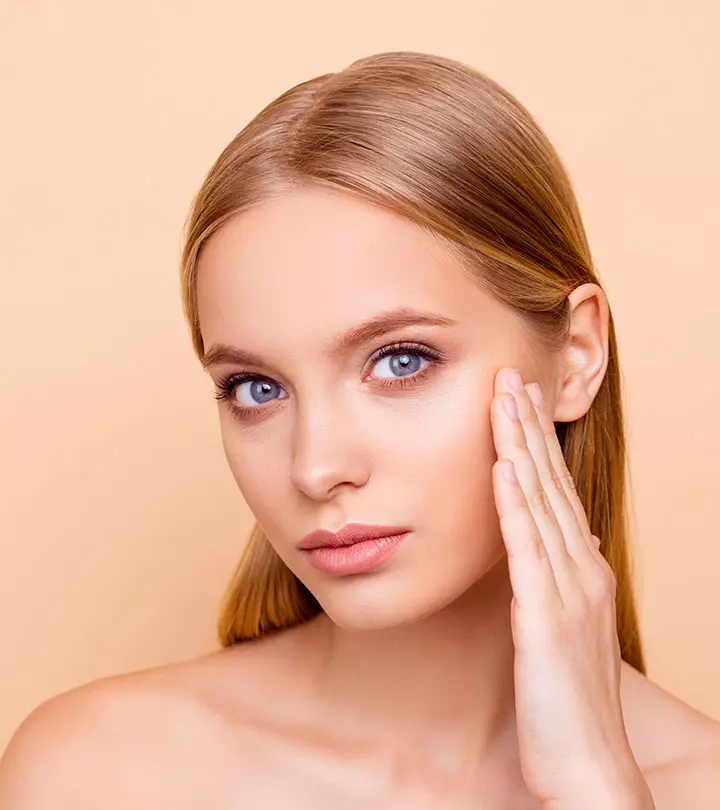
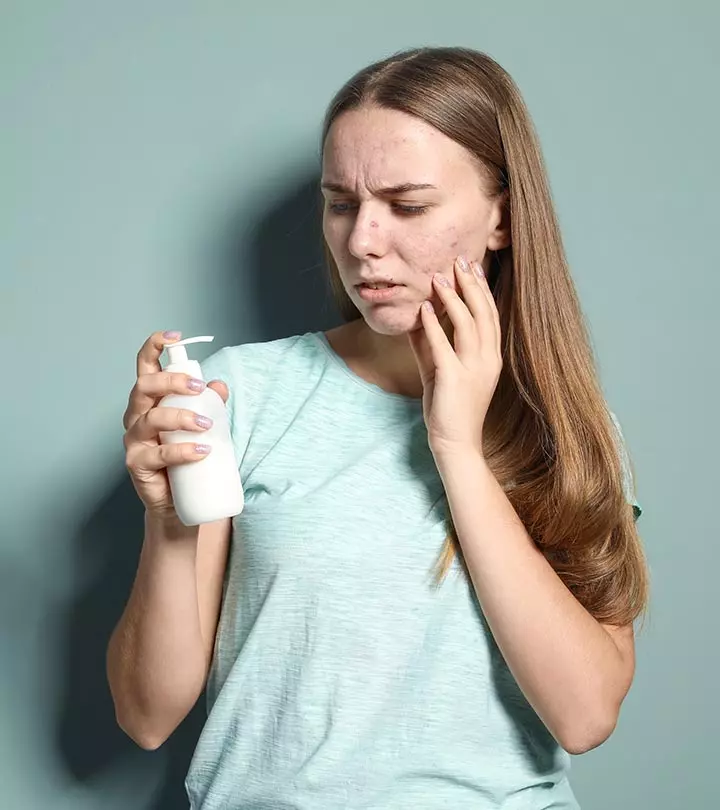

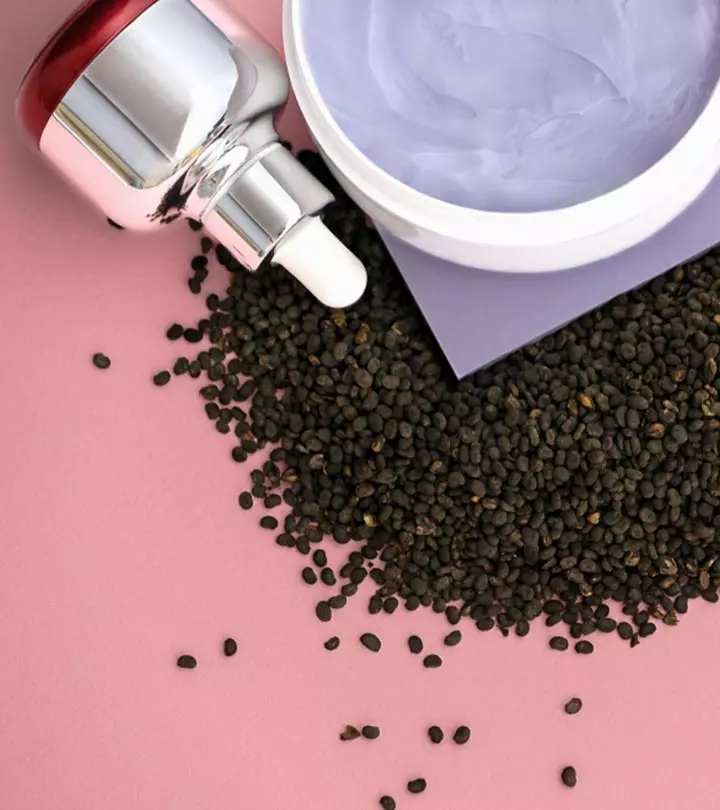
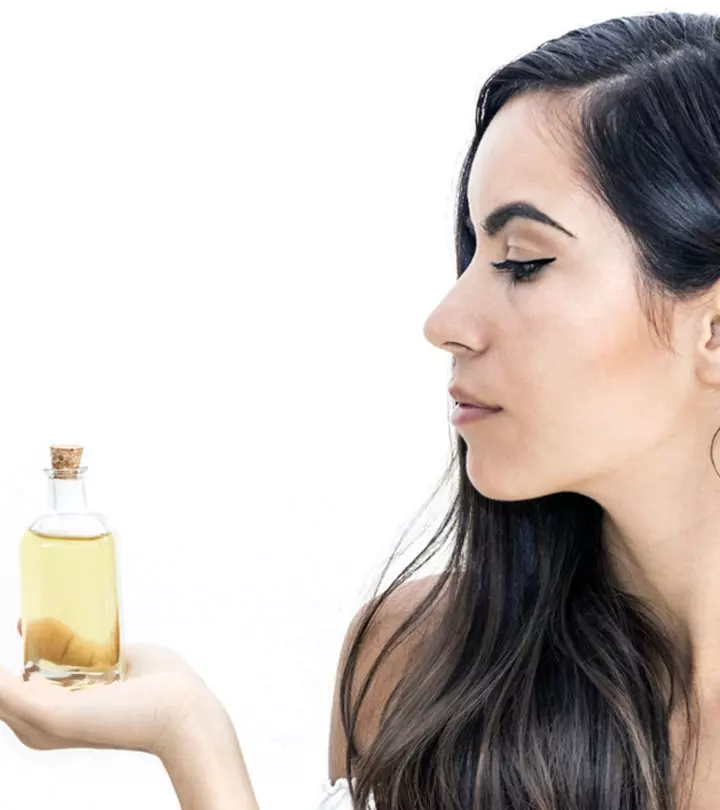
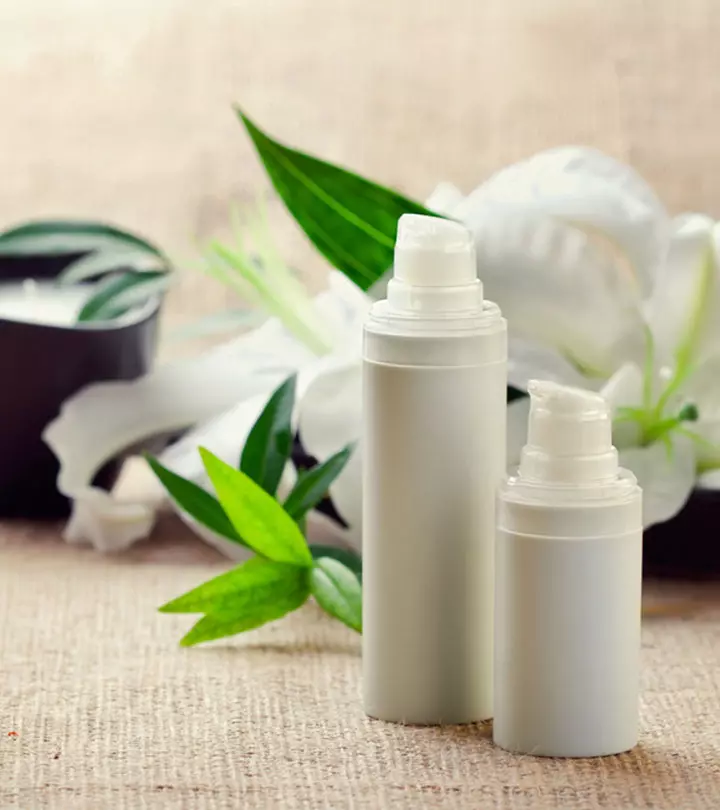
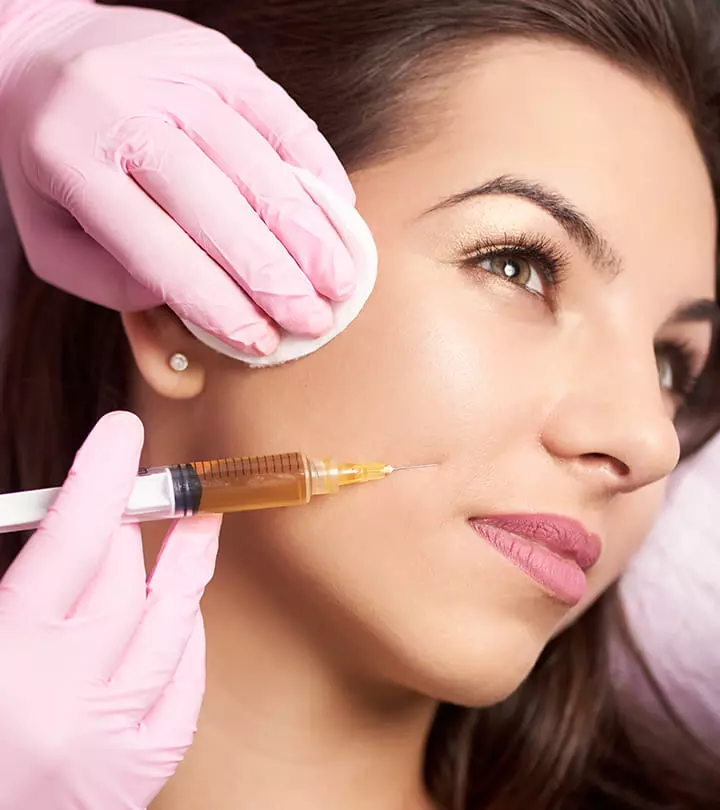
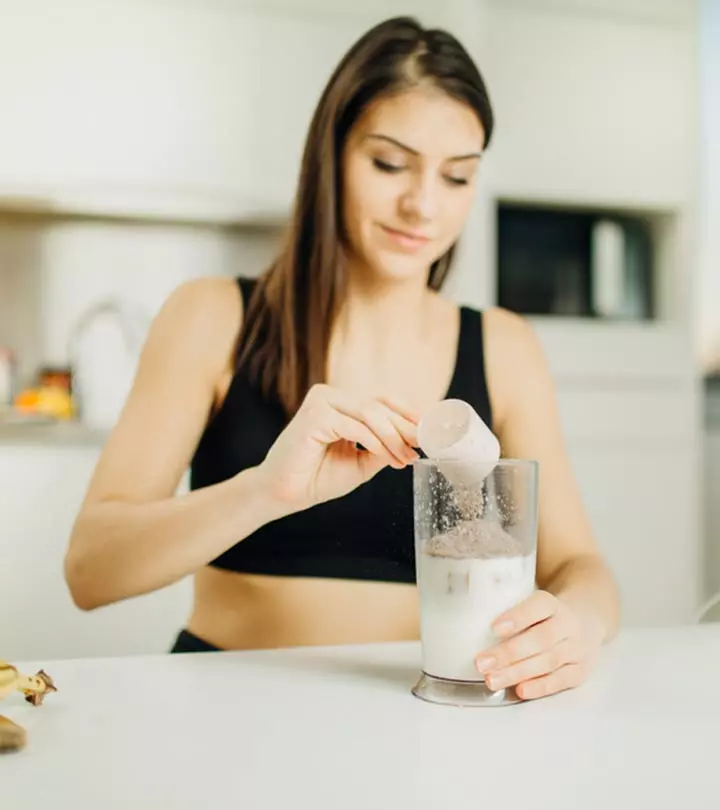
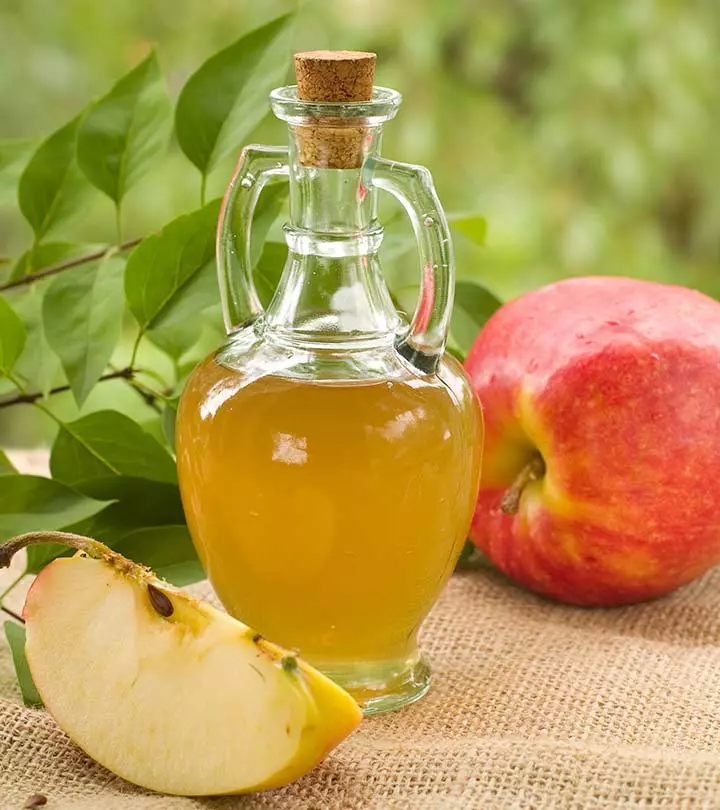
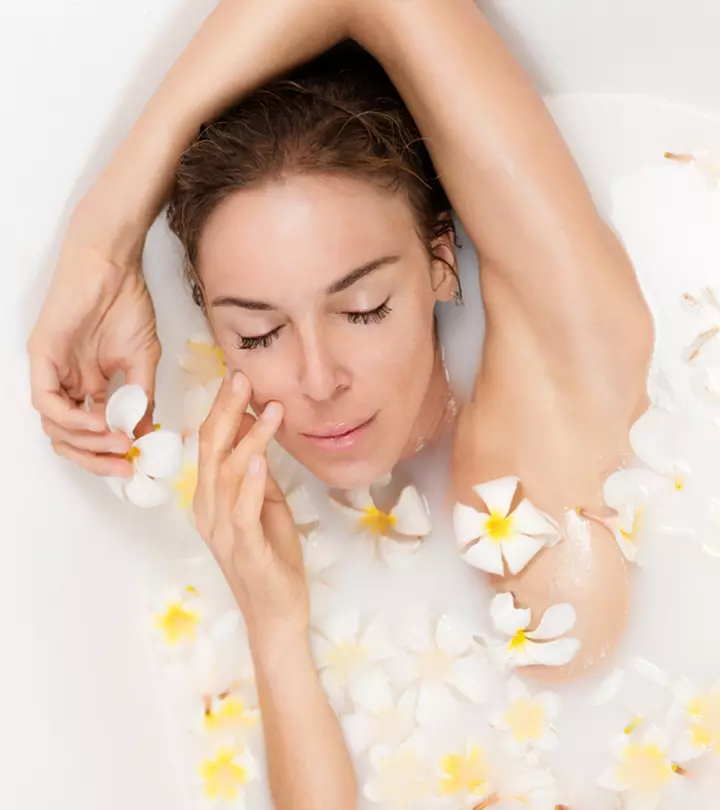


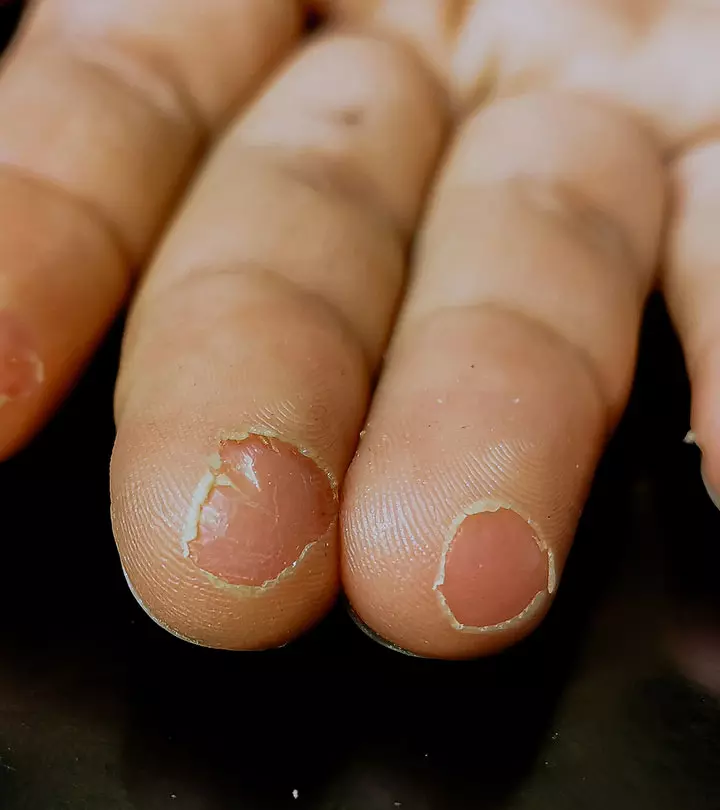

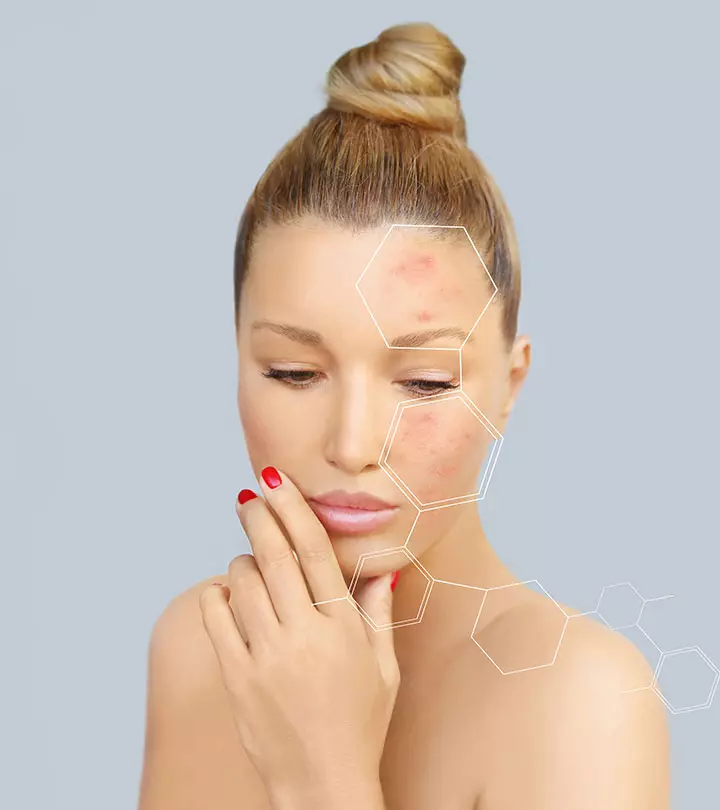

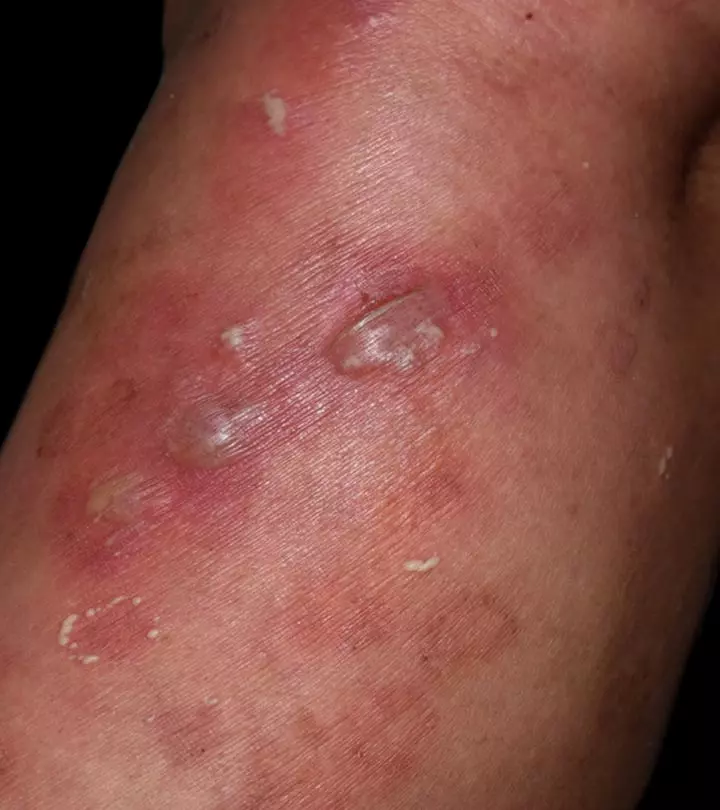
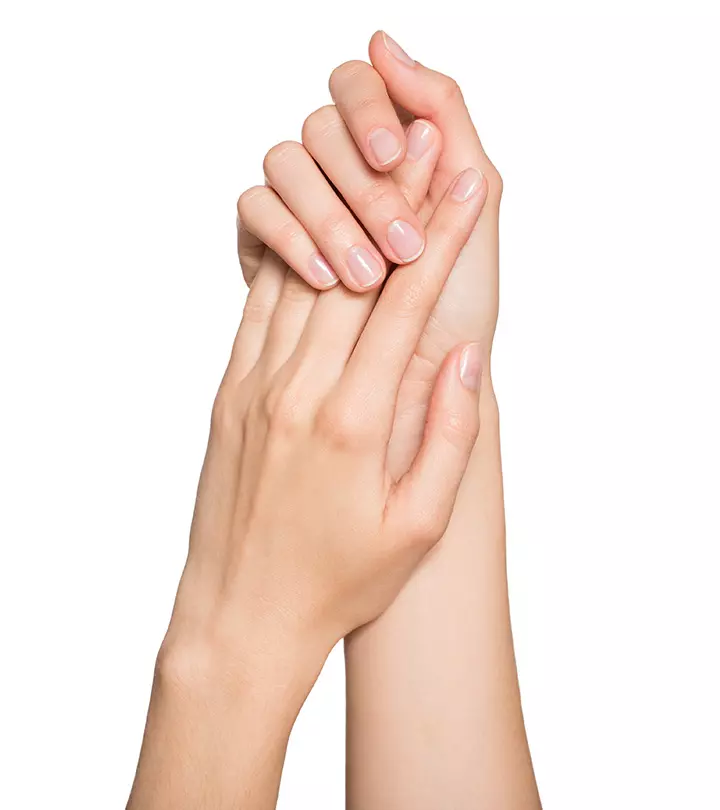
Community Experiences
Join the conversation and become a part of our empowering community! Share your stories, experiences, and insights to connect with other beauty, lifestyle, and health enthusiasts.